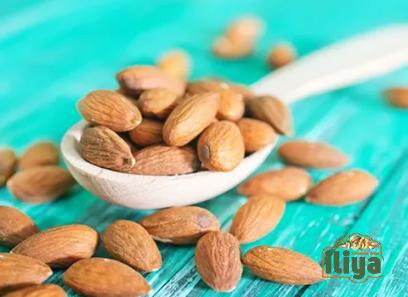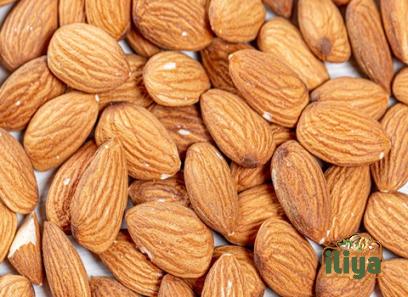Almonds are often hailed as a superfood due to their numerous health benefits.
For individuals with diabetes, incorporating almonds into their diet can be particularly advantageous.
This article will explore the diabetes-friendly properties of almonds, their nutritional value, potential health benefits, and provide tips on how to incorporate almonds into a diabetes-friendly diet.

.
 Almonds and Blood Sugar Control:
Almonds and Blood Sugar Control:
One of the key benefits of almonds for individuals with diabetes is their ability to help regulate blood sugar levels.
The combination of healthy fats, protein, and fiber in almonds can slow down the digestion and absorption of carbohydrates, preventing spikes in blood sugar levels after meals.
Studies have shown that including almonds in a meal can help reduce the glycemic index of that meal, making it more suitable for individuals with diabetes.
..
 Incorporating Almonds into Meals and Snacks
Incorporating Almonds into Meals and Snacks
Snacking
Almonds make an excellent on-the-go snack for individuals with diabetes.
small handful of almonds (about 1 ounce or 23 almonds) can provide a satisfying crunch and a nutritional boost between meals.
Pair almonds with a piece of fruit or some vegetables for a balanced snack that includes carbohydrates, protein, and fiber.
Salads and Yogurt
Sprinkle slivered almonds or chopped almonds on top of salads or yogurt for added texture and flavor.
Almonds can complement both savory and sweet dishes, providing a healthy crunch and a dose of nutrients.
Be mindful of portion sizes to control calorie intake while still enjoying the benefits of almonds.
Oatmeal and Cereal
Stir sliced almonds or almond butter into oatmeal or cereal for a hearty and nutritious breakfast.
The protein and healthy fats in almonds can help keep you full until your next meal, while the fiber content supports digestive health and blood sugar control.
Baking and Cooking
Almond flour can be used as a low-carb alternative to traditional flours in baking and cooking.
Almond flour is gluten-free and adds a nutty flavor to baked goods, making it a versatile ingredient for individuals with diabetes following a gluten-free diet.
Almond butter can also be used in recipes for added flavor and moisture without the need for additional sugar or unhealthy fats.
…
 When purchasing almonds, choose high-quality options such as raw or dry-roasted almonds without added salt or unhealthy fats.
When purchasing almonds, choose high-quality options such as raw or dry-roasted almonds without added salt or unhealthy fats.
Organic almonds are preferable to minimize exposure to pesticides and chemicals.
Whether enjoyed as a standalone snack, sprinkled on top of dishes, or incorporated into recipes, almonds can enhance the nutritional quality of a diabetes-friendly diet.
Overall, almonds are a delicious and versatile option for individuals with diabetes looking to improve their health and manage their condition effectively.
By including almonds as part of a well-rounded diet and lifestyle, individuals can reap the numerous benefits that this diabetes-friendly superfood has to offer.











Your comment submitted.